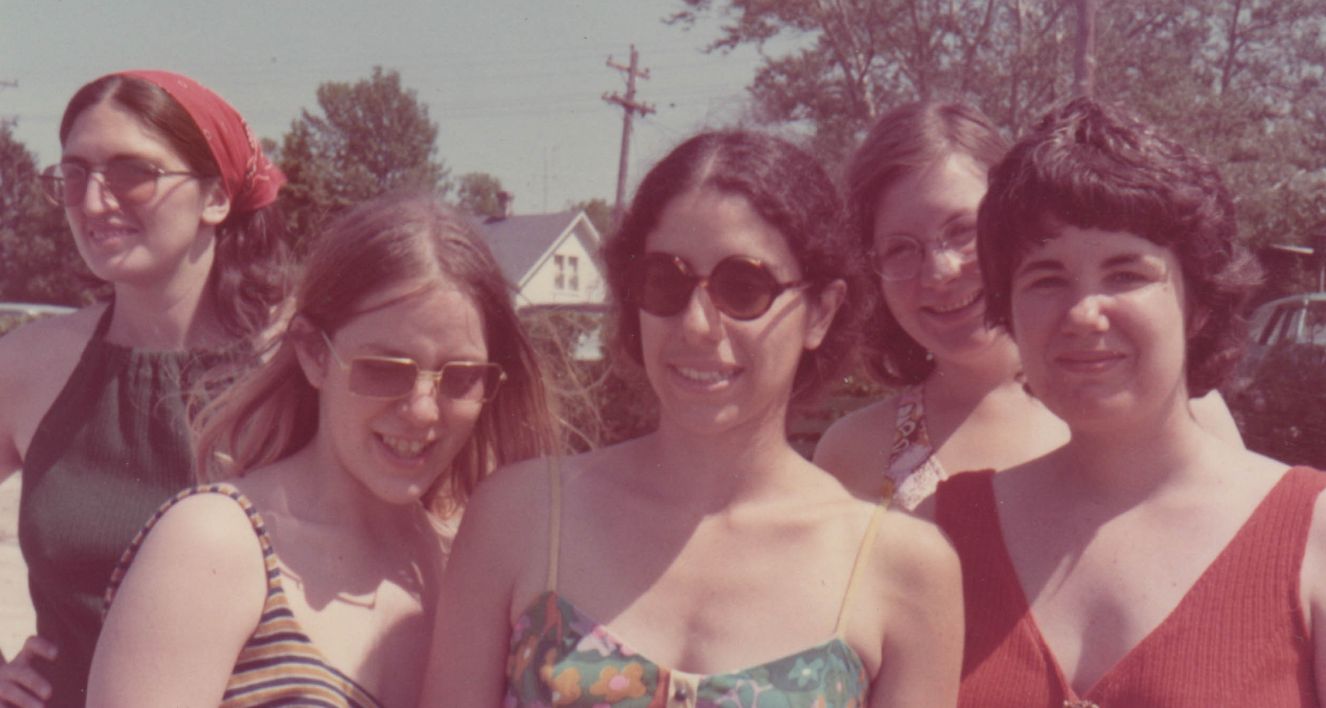By Glenn Dunks

If you were paying close enough attention to the ways the American political winds were blowing, you likely could have foreseen how relevant The Janes would ecome. Well, even more so than it already was. Still, even as recently as its Sundance premiere in January, it’s unlikely that filmmakers Tia Lessin (her first since 2013’s Citizen Koch) and Emma Pildes could have envisioned its release a mere few months late would coincide so frighteningly with the systematic dissolving of the rights their subjects were fighting for. Right in front of everybody’s eyes.
That The Janes is a film for this very moment isn’t what makes it so good. Although it helps...
It’s also not that The Janes could tragically have been relevant at pretty much any time in American history since the passing of Roe v Wade that makes it so good. Although it helps. Rather, it’s that The Janes is a good story well told. Sometimes simplicity needn’t represent boring.
The Janes’ story begins in late 1960s and the codename “Jane”. Where once women seeking a (then illegal and extremely unsafe) abortion needed to speak in code about buying a car to the literal mob, a simpler female-led organisation emerged. “Pregnant? Need help? Call Jane.” Their remarkable account of their time in the Jane Collective is told here with many of the original Jane volunteers and even the man who would perform the procedures—although whether he could be called a doctor is something that is up for debate. They eventually disbanded with the passing of Roe vs. Wade in 1972, but not before surveillance and arrests, tragedy, and radical life-saving service.
In telling the story of Chicago’s underground abortion service, it would be easy to dismiss the work that Lessin and Pildes achieve. Among its compelling narrative, the directors alongside editor Kristen Huntley juggle a truly impressive roster of on-screen guests. It can often feel with documentaries such as this that there is little rhythm beyond the subheadings on a Wikipedia page. But this a film rich in storytelling (yet only 101mins) that by credits roll feels as if it has told its story with the sort of vigour and spirit of a lively night around a (very large) dinner table. It flows with rhythm and purpose from one story to another, allowing its subjects’ personalities to shine through in ways too few documentaries can offer.
Nestled within all of those talking heads (definitely not a pejorative) are nicely curated archival footage of Chicago. Full of images of the changing world of the early ‘70s, it is a world-building technique that establishes the Janes as a part of a very real, living, breathing world to a rather thrilling effect.

It’s interesting how they come in waves. The Janes comes on the heels of a rash of films and series about the women’s liberation movement—Mrs America, The Glorias, Brazen Hussies, 9 to 5: The Story of a Movement. Now there is the French drama Happening and even a dramatic feature about the Jane Collective that’s appropriately titled Call Jane (directed by Carol screenwriter Phyllis Nagy with Sigourney Weaver). Again, it makes total sense if you look at the political landscape. I hope that the stories of The Janes aren’t forced to be relived fifty years later. Politically speaking, it’s hard to fathom how backwards things are moving. But despite that, it’s hard to picture the determination of women like those featured here and their contemporaries from going anywhere.
Release: Streaming on HBO Max from this week.
Awards chances: I imagine they will be going for Oscar rather than Emmy. I think it has a good shot. Recent nominees like Crip Camp and Attica have showed that they haven’t abandoned films like this. Talking head docs aren’t out of favour with the branch and the timeliness of The Janes will only help it.